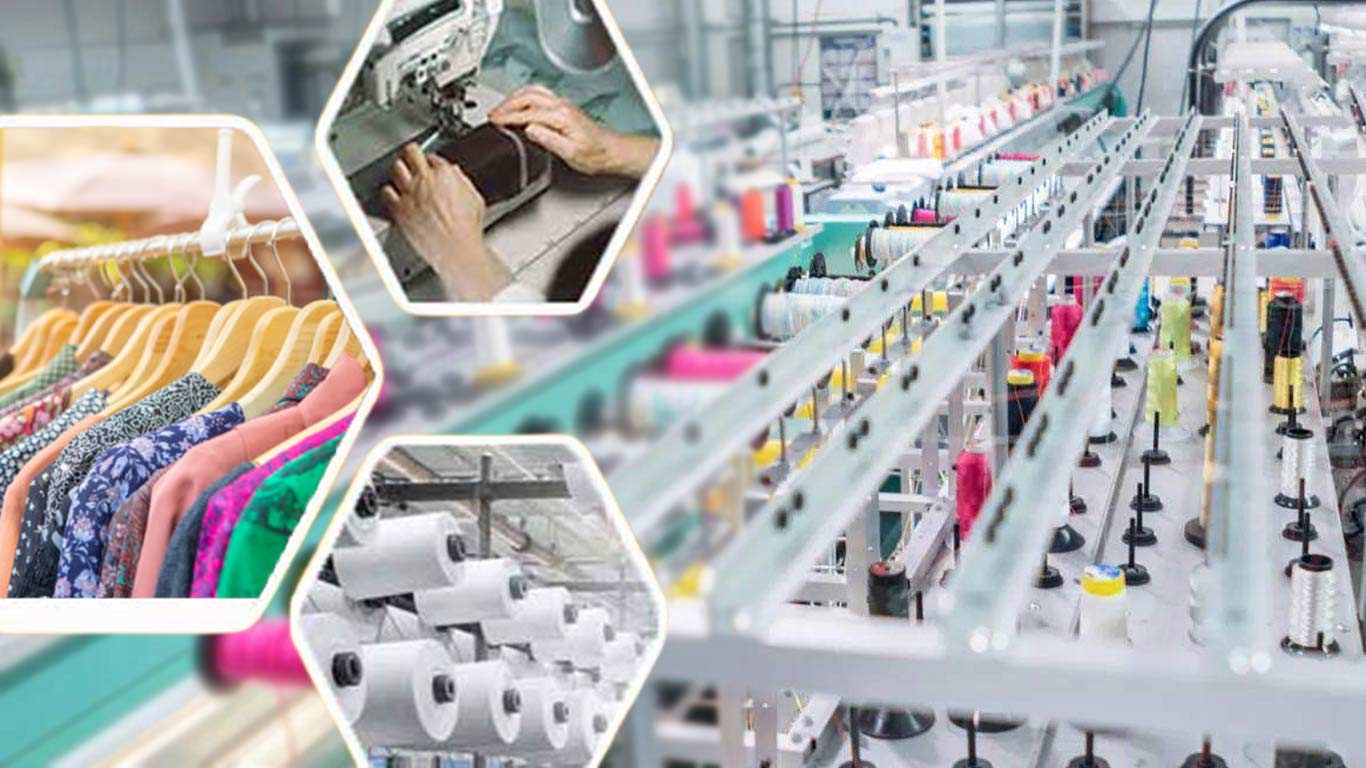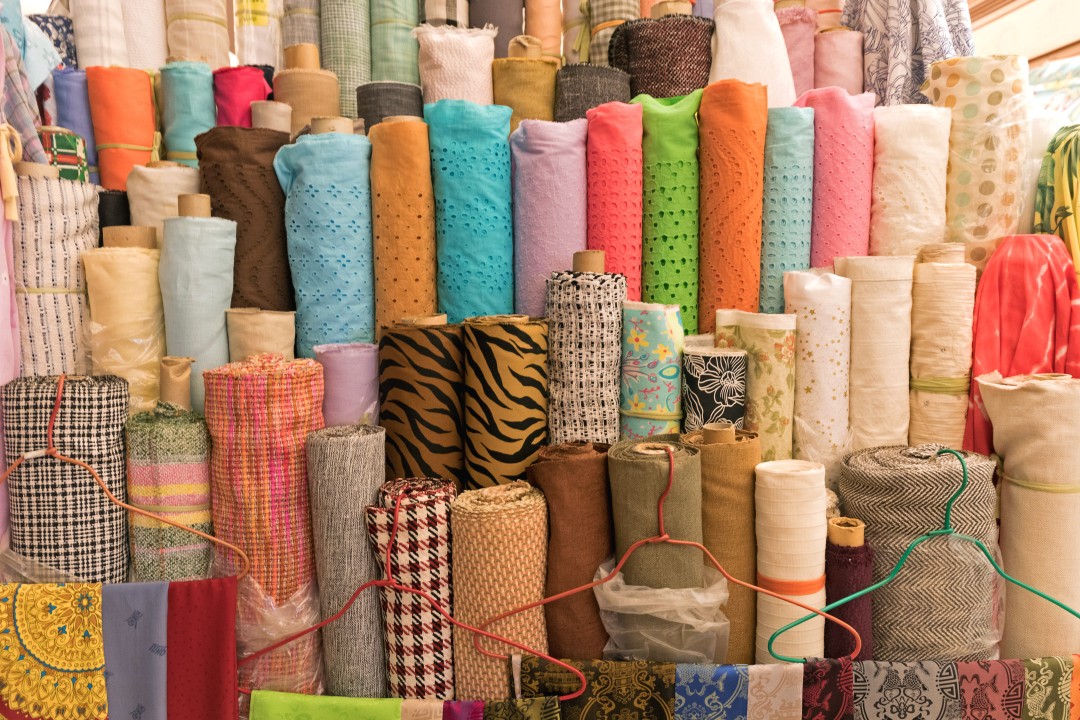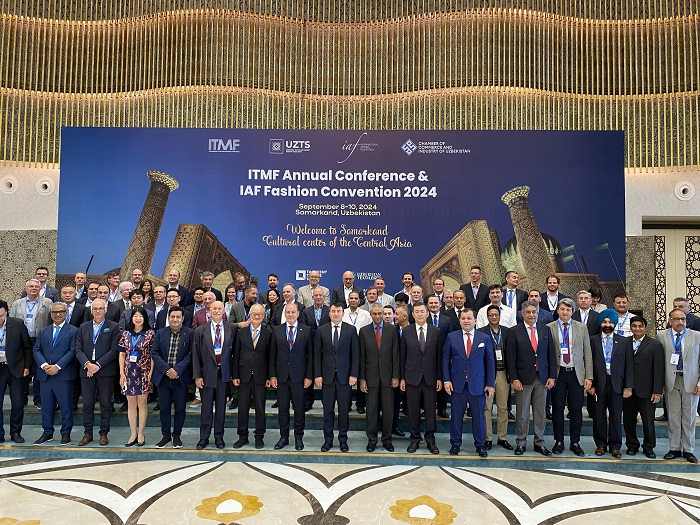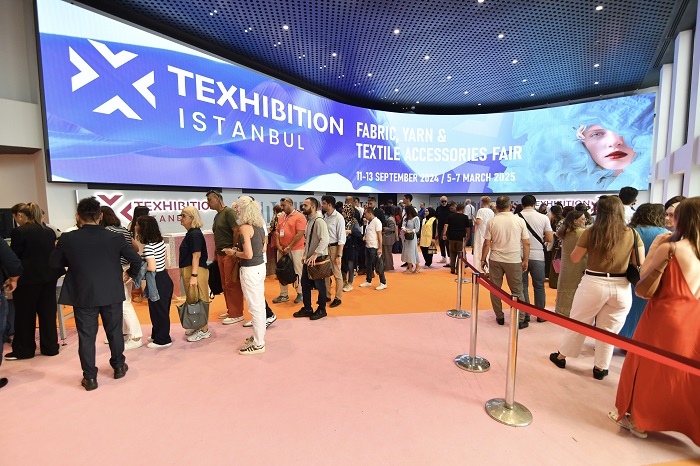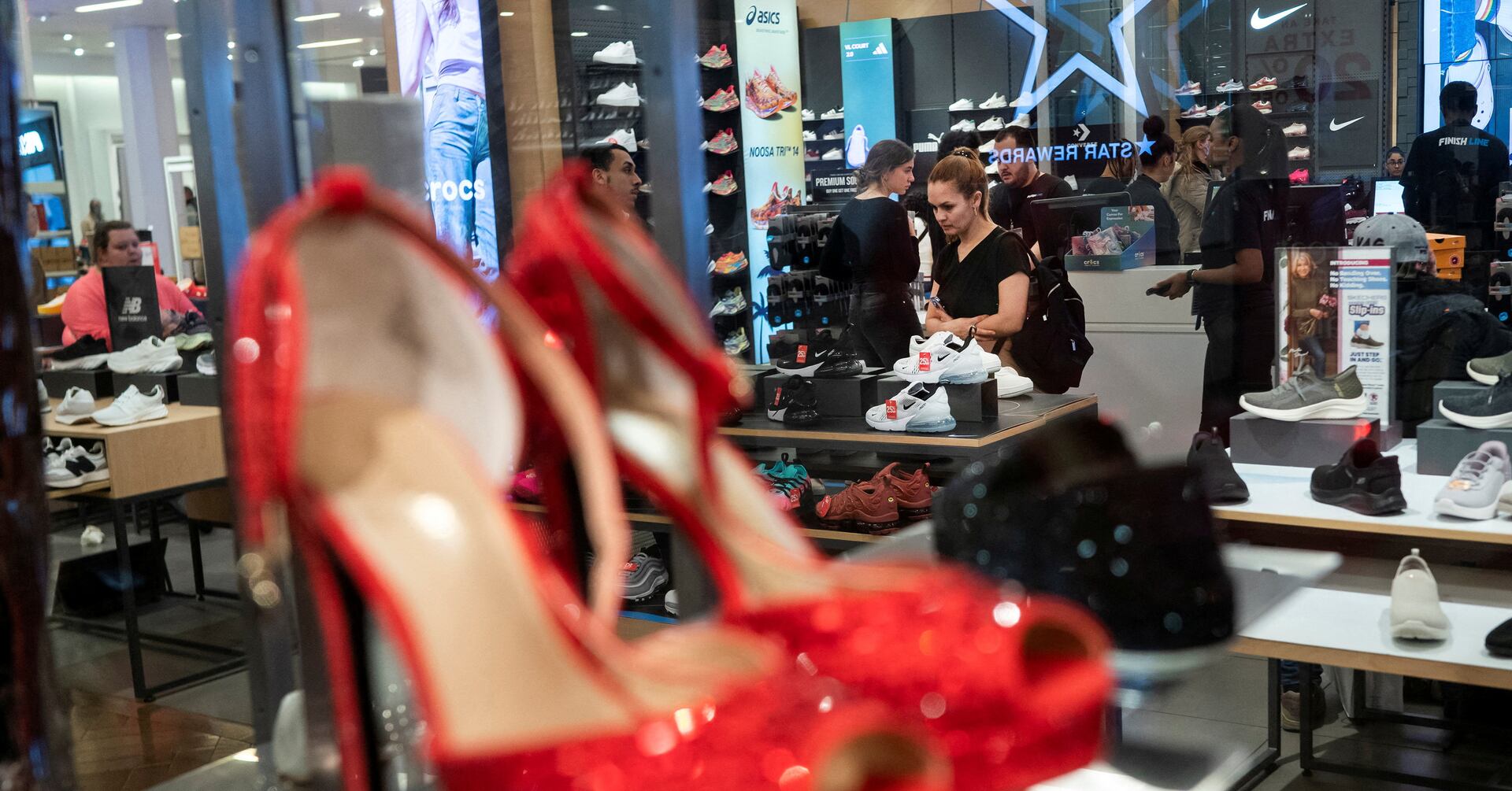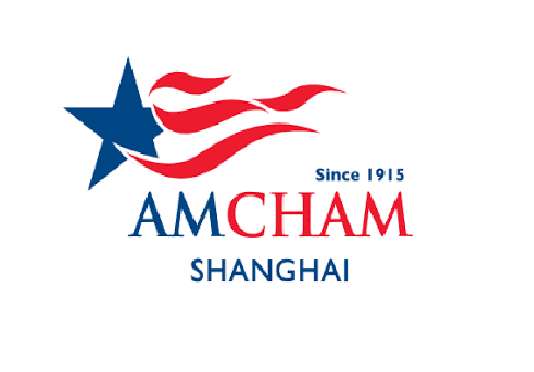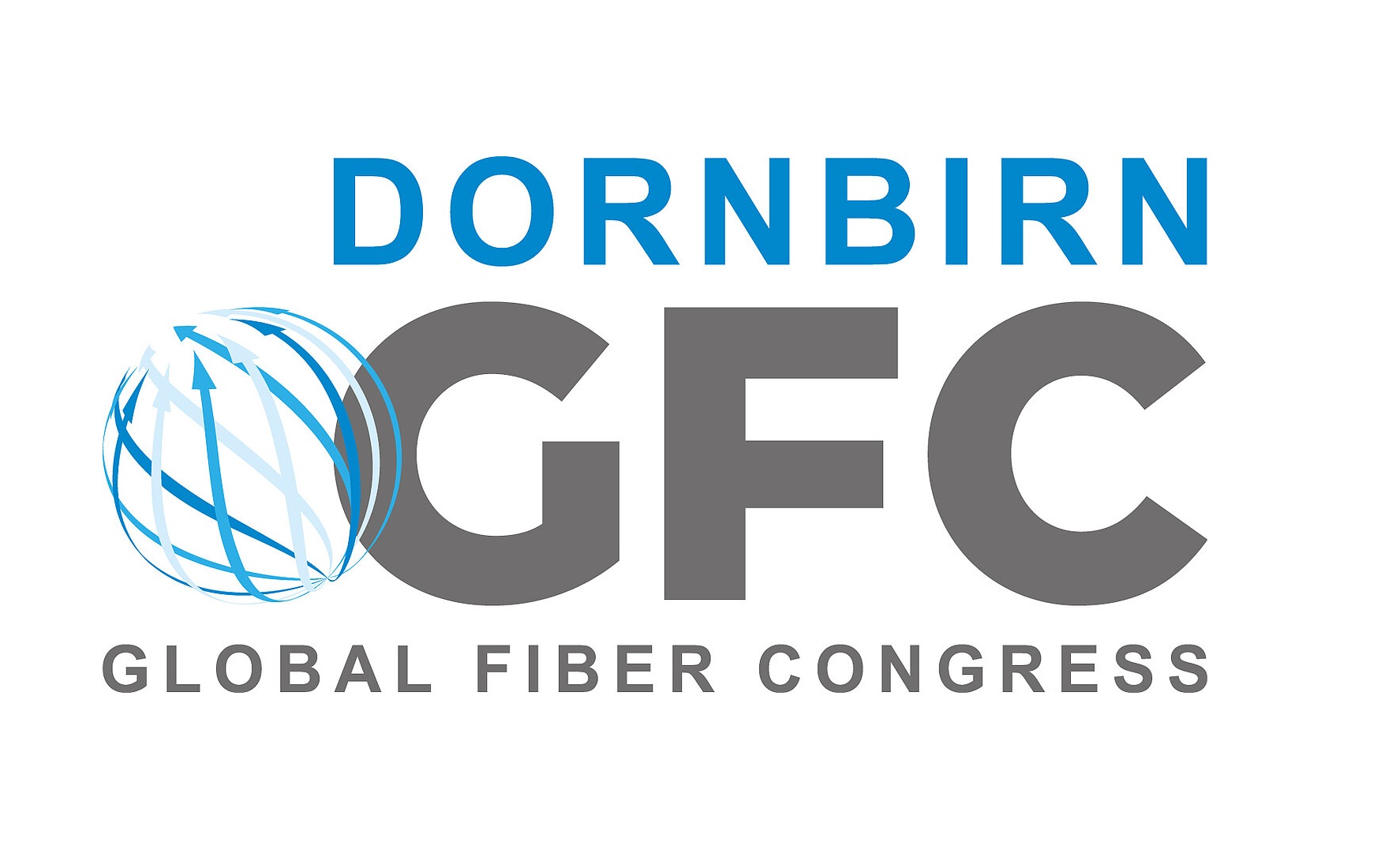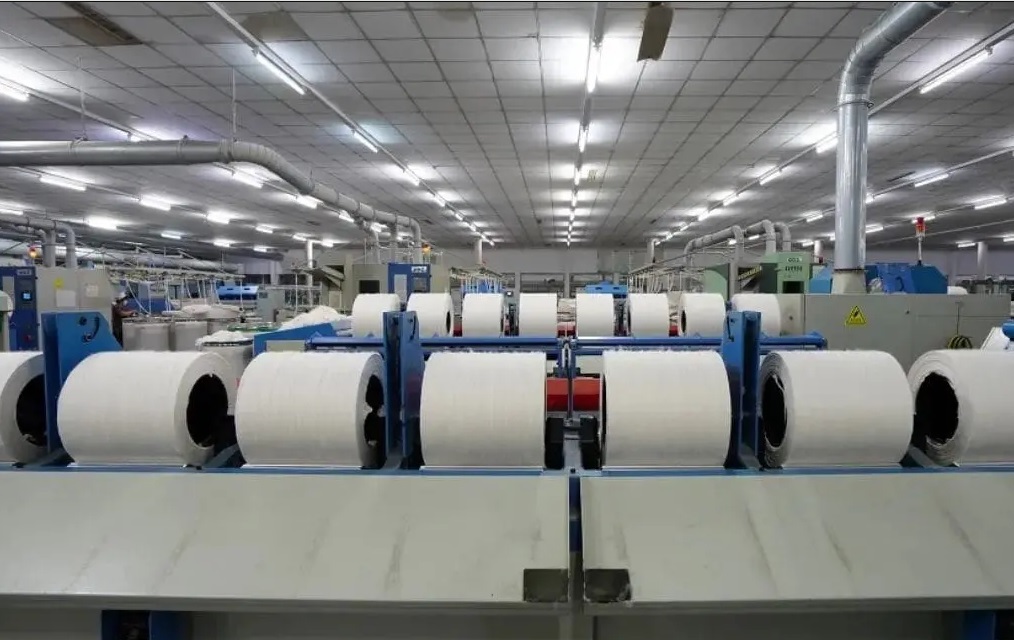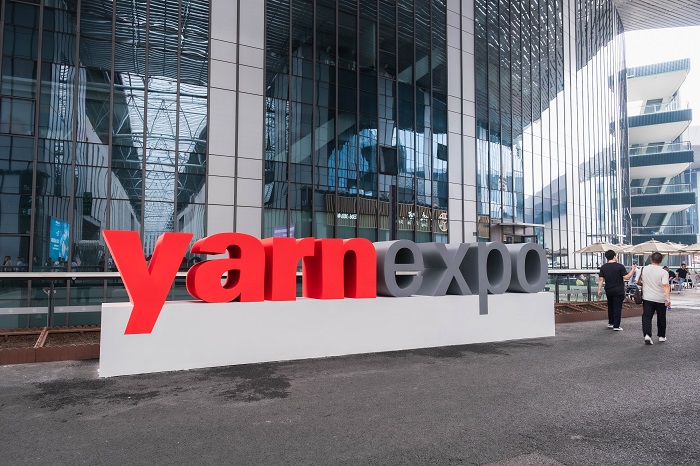FW
The International Cotton Association (ICA) has officially joined the Make the Label Count (MTLC) coalition to push for changes in the EU’s Product Environmental Footprint (PEF) framework. The ICA and MTLC argue that the PEF approach, which could underpin new EU legislation, overly simplifies sustainability claims and favors synthetic fibres over natural alternatives.
The ICA claims the PEF rules neglect key environmental factors like plastic waste, microplastics, and the broader ecological impact of fossil-fuel-based fibres. They also fail to recognize the biodegradable, renewable, and recyclable nature of natural fibres like cotton.
ICA President Kim Hanna emphasized the urgency of supporting MTLC’s campaign, warning that these rules could be implemented within three years. Hanna called on the cotton community to promote awareness of the legislation’s potential risks to natural fibres and encourage local associations to join the campaign.
ICA Bremen, the ICA’s joint venture company, has also joined the MTLC coalition, adding its voice to the movement for fair and credible labelling practices.
MTLC spokesperson Dalena White welcomed ICA’s support, stressing the importance of legislation addressing textile pollution at its source and ensuring a level playing field for all fibres, while safeguarding vulnerable communities.
The ICA was the first cotton organization to financially back MTLC’s campaign.
Global footwear and accessories brand Aldo has unveiled its latest collection that redefines the brand’s athletic fashion range. Known as theAldo Sport Club, this new collection introduces exclusive sneaker designs inspired by the brand’s iconic A/heart emblem. It reflects the brand’s rich heritage while underscoring its dedication to creative expression and innovation.
The collection embodies the growing fusion of sports and fashion culture. It captures the rising influence of athletes as fashion icons and sports as a lifestyle by offering a variety of athletic-inspired footwear designed for versatility, blending vintage design with modern craftsmanship.
At the heart of the Aldo Sport Club’s Sport Heritage collection are this season’s most coveted silhouettes, including retro-inspired sneakers that balance timeless elegance with athletic influence. The highlight of the collection is the Motion X sneaker, engineered for individuals on the move. It features a shock-absorbing sole for optimal rebound, breathable engineered knits, and the lightweight comfort of Aldo’s Pillow Walk cushioning technology.
Beyond sneakers, the collection extends to other athletic-inspired footwear, ideal for those seeking both style and functionality in their everyday wardrobe. The Aldo Sport Club and Sport Heritage collection is available in stores and online at aldoshoes.in.
In a memorandum addressed to Nirmala Sitharaman, Union Finance Minister, the Tiruppur Exporters' Association (TEA) urged for an introduction of a new version of the production-linked incentive (PLI) scheme, referred to as PLI 2.0, for the textile industry. The association also put forth several other proposals to strengthen the sector.
The current PLI scheme largely favors large textile units, particularly those in the manmade fibre segment, TEA pointed out. To address this, the requirement for minimum capital investment t needs to be lowered and the scheme to include cotton-based industries broadened to offer significant support to small and medium-sized enterprises (SMEs), it added.
Additionally, TEA called for a one-year extension of the Interest Equalisation Scheme (IES) to all units in the sector. The IES, which was recently extended by two months from its original expiration on June 30, 2024, currently applies to rupee credit for pre- and post-shipment for micro, small, and medium enterprises (MSMEs). TEA believes, extending this scheme for a full year would provide much-needed financial relief to the industry.
Another pressing issue raised by TEA is the delay in importing woven labels due to the Customs Department's Compulsory Compliance Requirements (CCRs). Importers are facing delays of five to seven days, as Customs requires group sample testing in laboratories, disregarding lab reports from shippers or external reports from the country of origin. These delaysare disrupting export schedules, the association warned.
In a related move, the South India Hosiery Manufacturers Association (SIHMA) also proposed additional recommendations to aid the textile industry. These include extending capital subsidies to units investing in new machinery and the establishment of a Knitwear Board to support garment producers in Tiruppur. SIHMA also called for measures to regulate garment imports from Bangladesh, citing the adverse impact on smaller local manufacturers
The National Handloom Development Corporation (NHDC) is actively promoting the use of natural dyes among its registered handloom weavers across the country, according to its Rita Prem Hemrajani, Managing Director.
In FY 2022-23, NHDC supplied yarn, dyes, and chemicals worth Rs 1,150 crore, a figure expected to rise to Rs 1,200 crore this year. The Corporation provides yarn to nearly five lakh weavers, with 50 per cent of them being individual weavers and the remaining part of various handloom societies.
This year, NHDC is organising workshops for weavers to encourage the use of natural dyes and encourage its adoption by all handloom societies, states Hemrajani.
To support this initiative, NHDC has partnered with two textile mills; one in Coimbatore and another in Salem to produce yarn dyed with natural dyes. It has also sent samples of the dyed yarn, ranging from 20s to 40s count to handloom societies for evaluation. Certain societies in Odisha and West Bengal, which prefer high-count yarns, have expressed interest, and the mills are currently conducting trials. NHDC is also seeking additional suppliers to meet the growing demand, adds Hemrajani.
Serving as a key platform for the APAC markets, Cinte Techtextil China 2024will bring together nearly 400 exhibitors from 13 countries and regions. The event will be held at the Shanghai New International Expo Centre from Sep 19 -21, 2024. Spanning 38,000 sqm, the expo will showcase technical textiles, nonwovens, and related machinery, driving global trade and innovation.
The high-traffic International Area in Hall E1 will feature the German Pavilion, European Zone, and international brands from France, Italy, Switzerland, and more. The German Pavilion will highlight 10 prominent brands offering advanced, sustainable machinery, components, nonwovens, and filaments. Suppliers from across Asia and the Middle East will also enhance the diverse offerings.
In addition to the International Area, six domestic zones will cover key market segments, including filtration, medical textiles, sails and composites, safety protection textiles, and more. Six regional Chinese pavilions will boost market exposure in these sectors, allowing buyers to efficiently source products. Visitors will also benefit from a diverse lineup of fringe events, showcasing the latest industry trends and technological breakthroughs.
Cinte Techtextil China 2024 will promote sustainability through its fringe program featuring the Sustainability Guided Tours. Led by expert Karl Borgschulze, these tours will highlight green exhibitors, with a focus on Mobiltech on Day 1 and other sustainable innovations on Day 2. These tours aim to facilitate meaningful connections and support the textile industry’s eco-transition.
On Day 3, a press conference hosted by the China Nonwovens & Industrial Textiles Association (CNITA) and Henan Yixiang Hygiene Technology will highlight moist toilet tissues. This innovative product requires updated performance standards to improve user experience and promote quality innovation. The event aims to enhance product standards, boost competitiveness, and protect consumer interests.
Covering 12 application areas, the fair includes upstream technology, raw materials, and finished fabrics, providing a comprehensive business platform for the technical textiles and nonwovens industry. Cinte Techtextil China 2024 is organised by Messe Frankfurt (HK) along with the Sub-Council of Textile Industry, CCPIT, and CNITA.
This year, Vietnam International Textile and Garment Industry Exhibition – VTG 2024-will focus on digital transformation, catering to Vietnam's growing demand for fabrics and innovation in the country’s textile and apparel (T&A) sector. The event will be held at the Saigon Exhibition and Convention Center (SECC) from Sep 25-28, 2024 alongside other events like VITATEX, DYECHEM, and VFM.
Together, these events will collectively showcase the entire textile and garment supply chain. With over 380 exhibitors from 12 countries, VTG 2024 spans 15,000 sqm. Key participants at the event include industry leaders like Tajima, Epson, Happy Japan, Moririn, Kingsafe, and Xingruigang, all presenting cutting-edge machinery, fabrics, and innovations in footwear production.
VITATEX will highlight textile solutions from global manufacturers, addressing Vietnam’s 75 per cent reliance on fabric imports. DYECHEM will feature eco-friendly dyeing technologies aligning with the EU’s sustainability standards, while VFM will focus on Industry 4.0-driven advancements in footwear machinery.
VTG 2024 will also host seminars on automation, sustainability, and the circular economy, providing valuable insights for industry professionals. This comprehensive 4-in-1 event will includetradeshows like the 22nd Vietnam International Textile & Garment Industry Exhibition, the 22nd Vietnam International Textile and Apparel Accessories Exhibition, the 2024 Vietnam International Dyeing & Chemical Industry Exhibition, and the 2024 Vietnam International Footwear Machinery and Material Industry Exhibition.
Organised by Yorkers Trade & Marketing Service Co and Vinexad National Trade Fair & Advertising JSC, the event is supported by top industry associations, such as VCOSA, AGTEK, VAMI, and SLA. With over three decades of experience in organising exhibitions across ASEAN and South Asia, Yorkers Trade & Marketing Service Co, continues to be a leading platform for exploring trade opportunities in emerging markets like Vietnam, Bangladesh, Cambodia, Myanmar, and Thailand.
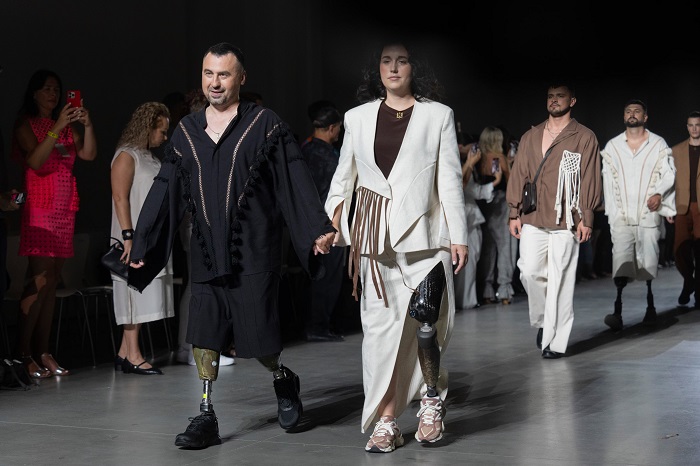
Amidst the ongoing conflict, Ukrainian Fashion Week 2024 made a triumphant return, showcasing the resilience and creativity of the nation's fashion industry. From September 1 to 4, over 50 Ukrainian labels, including internationally recognized names like Litkovska, Ruslan Baginski, Frolov, and Ksenia Schnaider, presented their collections at IRL events in Kyiv.
Resilience in the face of adversity
The decision to hold Ukrainian Fashion Week in the midst of war was met with mixed reactions. Concerns about safety and the appropriateness of a fashion event during such a tumultuous time were raised. However, the organizers and participants saw it as a powerful statement of defiance and hope.
Ksenia Schnaider, a prominent Ukrainian designer, emphasized the event was "more than just a fashion event. It's a statement of resilience and creativity under the most trying circumstances." It serves as a testament to the unwavering spirit of the Ukrainian people and their determination to continue living and creating, even in the face of war.
Supporting local designers and the economy
Beyond its symbolic significance, Ukrainian Fashion Week is also playing a crucial role in supporting the country's fashion industry and its economy. Iryna Danylevska, Founder of the event, stressed the importance of boosting the domestic fashion market and showcasing the talent and creativity of Ukrainian designers.
The event also serves as a platform to discover new talents who have emerged during these challenging times. Co-founder of the Ukrainian brand Gunia Project, Maria Gavryliuk, sees the event as "a significant platform to showcase their work, engage with both local and international buyers, and assert their presence in the fashion industry."
Promoting Ukrainian brands globally
Ukrainian Fashion Week is also an opportunity to raise the global visibility of Ukrainian fashion brands. The international fashion community has always been an important supporter of Ukrainian designers, and now, amidst the war, their support is more crucial than ever.
Tetiana Chumak, founder of TG Botanical, acknowledged that while the timing might not be ideal for a fashion week, it is essential to keep Ukrainian brands and Ukraine "visible on the global stage."
Ukrainian Fashion Week is more than just a fashion event; it's a symbol of resilience, creativity, and hope in the face of war. It is a testament to the unwavering spirit of the Ukrainian people and their determination to rebuild and thrive, even as the conflict continues.
The fashion industry, like many other sectors in Ukraine, has been deeply affected by the war. However, through events like Ukrainian Fashion Week, the industry is demonstrating its resilience and its commitment to supporting the country's economy and promoting its talent on the global stage. The event serves as a powerful reminder that even amidst destruction and despair, beauty and creativity can flourish.
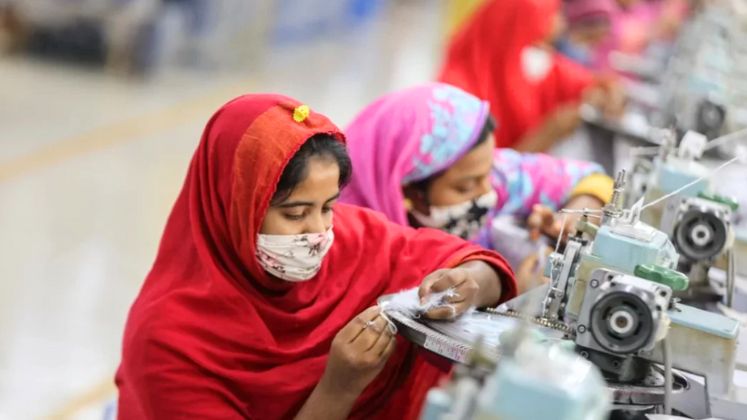
Bangladeshi garment industry, a vital clog in the country’s economy and an important supplier to global brands, is facing a deep crisis marked by mass factory closures and impending layoffs. This raises questions about the industry’s future stability and reliability for international brands.
Widespread layoffs and closures
At least 26 factories have laid-off workers from September 11. These layoffs follow reports of over 326 major textile and garment mills already shutting down, leaving an estimated 100,000 workers unemployed. And the situation is expected to worsen, with a more reputable mills slated for layoffs. These developments come as a shock to many, especially given the industry's recent record export figures. In the fiscal year 2022-23, Bangladesh exported garments worth $55 billion. However, the current situation paints a contrasting picture, highlighting the industry’s vulnerability to fluctuations in global demand and other external factors.
Reasons behind the crisis
There are many reasons for factory closures and layoffs. One major factor is the global economic slowdown, coupled with rising inflation in major export markets that has impacted orders for Bangladeshi garments units. The drop in production has made workers redundant.
Increase in energy prices, raw material costs, and labor wages have squeezed profit margins for many factories especially smaller ones. The industry has also faced scrutiny over safety and labor rights issues following major incidents like the Rana Plaza collapse. Increased compliance requirements may be adding to operational costs.
And of late the political situation in the country has also affected factories with units remaining closed and orders being diverted to other supplying countries. The industry too has a history of labor disputes, with workers demanding better wages and working conditions. The recent layoffs could exacerbate these tensions.
Indeed, the widespread job losses are having a devastating impact on garment workers and their families. The industry, which employs millions, primarily women, is a crucial source of income for many households. The loss of livelihoods will exacerbate poverty and economic hardship in the country. At a time, when the country is working towards becoming a developing nation these factors could turn out be major roadblocks. Uncertainty for International Brands
Global brands uncertain
The ongoing crisis raises serious questions about the future of Bangladesh's garment industry and its ability to meet the demands of international brands.
• Reliability concerns: The instability and disruptions caused by factory closures and layoffs create uncertainty for brands relying on Bangladesh for sourcing.
• Supply chain diversification: Brands may seek to diversify their supply chains to mitigate risks associated with over-reliance on a single country facing such challenges.
• Focus on sustainability and resilience: The crisis underscores the need for the industry to focus on building a more sustainable and resilient model, addressing labor rights, safety concerns, and environmental impact.
Indeed, the situation in Bangladesh's garment industry is deeply concerning. Immediate action is needed to support affected workers and address the underlying issues causing the crisis. The industry's long-term viability depends on its ability to adapt to changing global conditions and prioritize sustainable practices. International brands, too, have a role to play in supporting a more ethical and resilient garment industry in Bangladesh.
Naia from Eastman is making an impact at NYC Market Week, featured at the Lenzing Group's showroom. Celebrating the third anniversary of the Fiber Innovation Center, Naia is joining forces with Tencel fibers, 37.5 Technology, Repreve by Unifi, and CiCLO Technology to demonstrate collaborative innovation in the home textile industry.
Naia Renew, a key highlight of the event, is recognized for its sustainable luxury applications, from bedding to towels. Made with 60 per cent sustainably sourced wood pulp and 40 per cent certified recycled content, Naia Renew offers the perfect balance of performance and eco-friendliness. Its ability to reduce landfill waste and minimize carbon footprints makes it an attractive option for environmentally-conscious consumers.
The Fiber Innovation Center offers visitors a glimpse of Naia Renew’s versatility, which has led to success in markets like China, where it features in a blend of 70 per cent Tencel and 30 per cent Naia. Partnerships with technologies such as Repreve and CiCLO further support biodegradable development, promoting circular home textiles.
Chad Doub, Global Segment Market Manager at Eastman, emphasizes the company's commitment to providing sustainable options that maintain the highest standards of quality and comfort. He highlights Eastman's focus on driving responsible change in the home textile industry through environmentally conscious innovations.
The event highlights the future of eco-friendly home textiles, inviting brands and buyers to explore innovative, sustainable solutions.
The British Fashion Council (BFC) and JD.com have announced a partnership aimed at promoting British and global fashion brands in China.
As the Official Asian Online Retail Partner for London Fashion Week (LFW) in September 2024, JD.com will host the "Red Journey" catwalk featuring Hazzys, Ellassay, Marisfrolg, and Pure Tea at Somerset House.
JD.com will also promote LFW on its app until October 3 to its 600 million users. This collaboration helps brands navigate China’s complex market, supports emerging designers, and showcases Asian fashion talent globally.
CEO Caroline Rush highlighted the partnership’s role in fostering cross-border collaboration between the UK and China.

